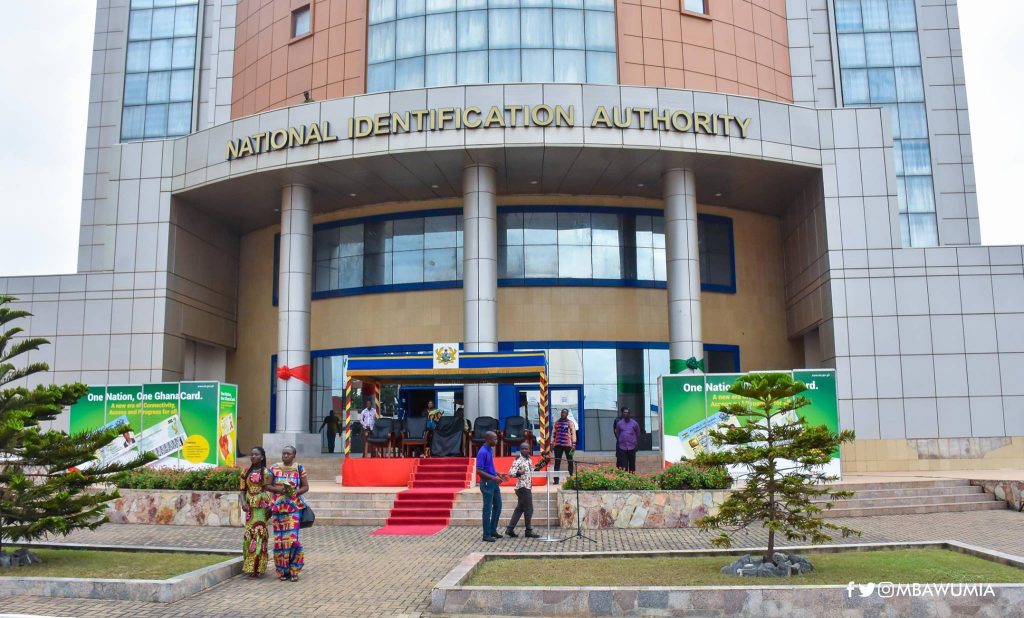The Ghana Card is a national identity card that was launched in 2017 by the National Identification Authority (NIA). The project was done in collaboration with Identity Management Systems (IMS), a subsidiary of Margins Group, a leading provider of identity solutions in Ghana.
The Margins Group was awarded the contract to produce and distribute the Ghana Card after a competitive bidding process.
About The Company
The Margins Group has been in operation since 1990, and has a track record of providing identity management solutions to various clients in Ghana and beyond. Some of its notable projects include the production of biometric passports, voter ID cards, driver’s licenses, health insurance cards, and SIM cards.
The company says that it has invested heavily in state-of-the-art equipment and facilities, such as a secure printing plant, a data center, and a card personalization center.
The company also says that it has employed over 2,000 staff, including engineers, technicians, trainers, and field agents, to ensure a smooth implementation of the project.

The Uniqueness of the Ghana Card
The Ghana Card has several features that make it unique and multifunctional. It has a 128 kilobyte capacity that can store biometric data such as fingerprints, iris, and facial images. It also has both contact and contactless interfaces that allow it to communicate with various devices and systems.
According to the NIA, the card will be used for transactions such as banking, payment of taxes, registration of voters and SIM cards, application and issuance of passports, driver’s licenses and insurance policies, purchase, transfer, and registration of land, transactions under the NHIS, pensions, SSNIT and consumer credit, and any other transaction that the NIA may determine and publish in the Gazette.
About The Ghana Card Contract
According to the contract, the Margins Group will receive $1.2 billion over 15 years for the delivery of 89 million cards, as well as the provision of related equipment, software, and services.
The contract also stipulates that the Margins Group will share 20% of its revenue with the National Identification Authority (NIA), the state agency responsible for issuing the cards.
Challenges with the Ghana Card
However, the Ghana Card project has not been without challenges and controversies. Some of the issues that have been raised include the high cost of the contract and some technical glitches.

The Margins Group has faced criticism from some civil society groups, opposition parties, and media outlets, who have questioned its transparency, accountability, and competence.
The Margins Group has defended itself against these allegations, saying that it has followed all the due processes and standards required by the contract and the law.
Making Revenue from the Ghana Card
The revenue model underpinning the Project is dependent on the use of the Ghana Card for all transactions requiring verification of identity to enable Ghanaians exercise their rights and obligations.
The Margins Group generates revenue from the Ghana Card project by charging fees for card replacement, card personalization, card verification, and card authentication.
The company also earns income from providing technical support and maintenance services to the NIA and other partner institutions that use the Ghana Card for their operations.
Catch up on news and other tidbits on our WhatsApp Community Page, Twitter/X, and subscribe to our weekly newsletter to ensure you don’t miss out on any news.







